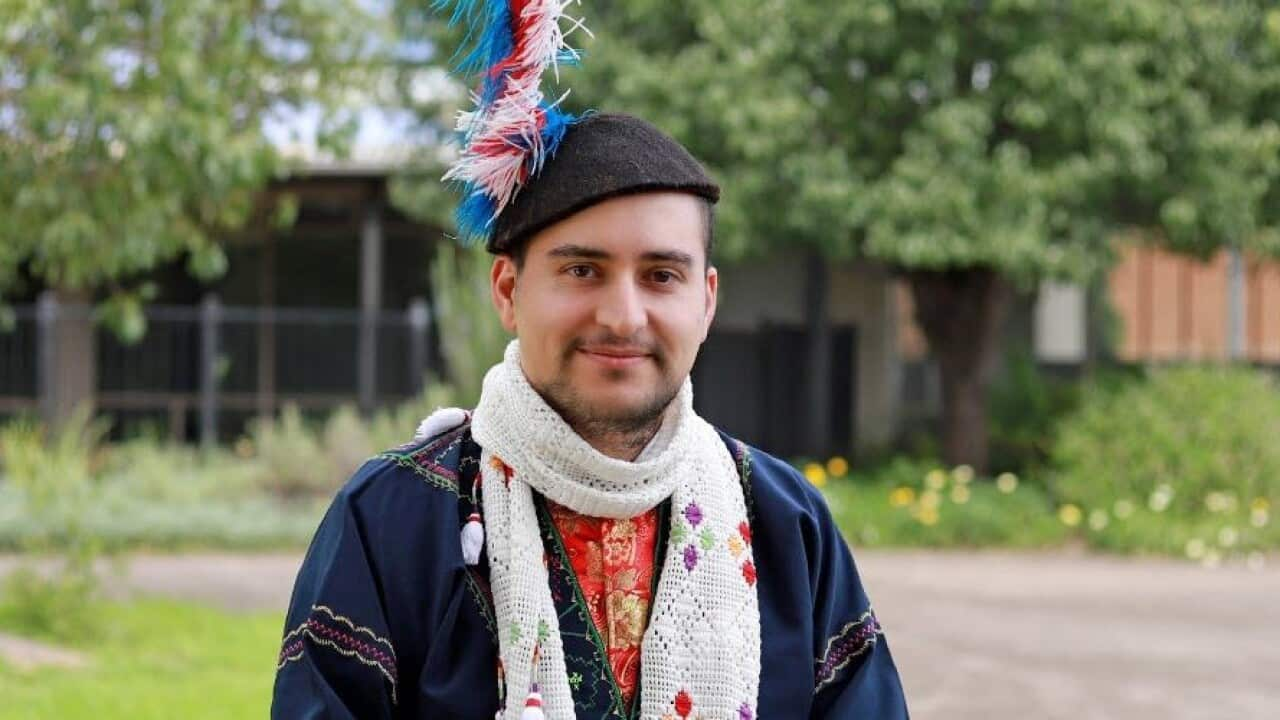New migrants may face an overwhelming situation when an unexpected death of a loved one happens.
When death occurs, family members tend to go into shock and grief and may not know what to do next. For many, it could be a first-time experience.
Mathew Kuriakose who lives in the southeast of Melbourne says when death happened in his family a few years ago, they didn’t know what to do next.
“When death happened in my brother-in-law’s family. So, his son had died after birth… three days, due to heart problems. The uncertainty was what to do next.”
In these circumstances, the first thing one should do is to contact a funeral director, says Scott Duncombe, funeral director at Sydney Funerals Co. “When someone does pass, and the family members tend to go into shock and grief and really confused as to what to do, because not often [do] people get to organise a funeral in their lifetime. But when a time does come, the most important thing is to contact a funeral director, because they have all the knowledge, they have the understanding of everybody and the processes that are to go on, whether it be to the bodies to remain in Australia, or if it is to be repatriated overseas.”
“When someone does pass, and the family members tend to go into shock and grief and really confused as to what to do, because not often [do] people get to organise a funeral in their lifetime. But when a time does come, the most important thing is to contact a funeral director, because they have all the knowledge, they have the understanding of everybody and the processes that are to go on, whether it be to the bodies to remain in Australia, or if it is to be repatriated overseas.”

Family at grave Source: Getty Images/Phillippe Lissac
The funeral director takes care of all the paperwork and the documentation in organising a funeral.
The funeral director works closely with The Births, Deaths and Marriages Registry and helps in registering the death.
The funeral is organised after the death certificate is issued and other formalities are completed.
In some cases, it may be required to investigate the cause and other factors surrounding the death of a person. A Coroner will be engaged in such cases.
When it comes to the expenses of organising a funeral, the costs can be overwhelming, says Mr Kuriakose. When a Coroner is involved, various measures are in place to support the multicultural communities, including referrals for grief counselling, says Victoria's Deputy State Coroner Jacqui Hawkins.
When a Coroner is involved, various measures are in place to support the multicultural communities, including referrals for grief counselling, says Victoria's Deputy State Coroner Jacqui Hawkins.

Piggy Bank Source: Getty Images/Peter Dazaeley
“Every family is provided with a brochure, which is called ‘what happens now’. And it is explained in plain English, our processes in simple terms, and this document and some of our other documents can be found on our Coroner's Court website. Some of the documents have been translated into 15 of the most widely used languages.”
There are also visa-related requirements depending on the visa of the deceased person.
The Funeral director works closely with various bodies to ensure that this is carried out appropriately, says Mr Duncombe.
“When somebody does pass, the relevant documents need to be prepared. And obviously, approval before sending a body home or the ashes home as well. If the body has been cremated here and buried here, then there is no real process from a funeral director's point of view, to advise an embassy as such. So if the family has chosen, that they can't afford to bring the body home, and they're here on a holiday visa, or they're here on a working visa, as such, the family will eventually advise the authorities as part of the process after the burial and cremation.”
Australian Death Notification Service is a platform that helps notify multiple organisations about the death of a person.
The platform also provides translation services in 50 languages.
Click on the player above to listen to this information in Punjabi.










